Manuel Noriega, the former dictator of Panama, has broken a long silence and asked his compatriots to forgive actions by his military regime that culminated in the 1989 US invasion.
Noriega began the brief jailhouse interview with local network Telemetro by reading a handwritten statement in which he said his apology came after days of reflection with his family and members of the church.
He said he was not motivated by any personal interest but a sincere desire to bring closure to the military era, a dark chapter in Panama’s history that left the country in ruin and hundreds dead.
“I want to close the cycle of the military era as the last commander of that group asking for forgiveness,” Noriega said, his hand shaking but otherwise appearing in good health for his 81 years.
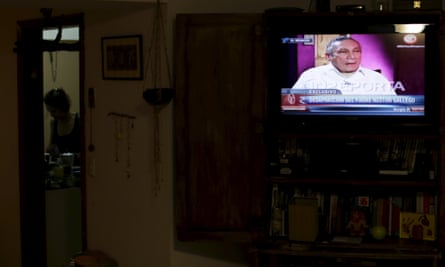
The onetime CIA informant had not spoken to a journalist since a 1996 interview with CNN’s Larry King from a Miami federal prison, where following his capture by American troops he was sent for being a major conduit for Colombian cocaine traffickers.
After completing his sentence in the US Noriega was extradited to France to serve time for money laundering. He returned to Panama in 2011 under a 60-year sentence for murder, corruption and embezzlement during the military’s three-decade rule.
Referring to himself as the “last general of the military era”, Noriega apologised to those “offended, affected, injured or humiliated” by his own actions or those of his superiors and subordinates during the regime.
He did not comment on any specific abuses and refused to take the bait when pressed about whether his act of contrition involved clarifying the still-murky circumstances that led to the disappearance and murder of two prominent opponents.
Characterising himself as “totally at peace” with himself, Noriega said he didn’t want to distract from the “solemnity” of his statement.
Reaction among Panamanians was mixed.
Many saw the apology as a surprising capitulation from the famously stubborn strongman but others judged it as a sly move to pave the way for him to finish his sentence under house arrest, something his lawyers have been seeking on medical grounds for years.
“The problem with Noriega is you can never distinguish between what’s true or not,” said RM Koster, an American novelist and biographer of Noriega who has lived in Panama for decades.
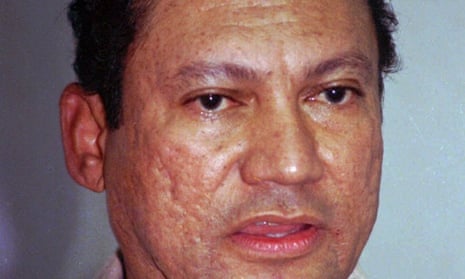
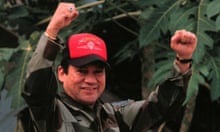
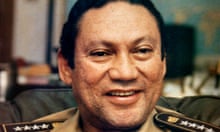
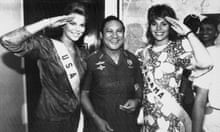

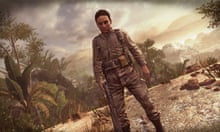
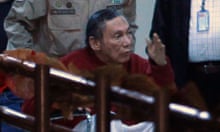
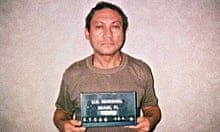
Comments (…)
Sign in or create your Guardian account to join the discussion